Bruised teeth can be incredibly discomforting. Fortunately, there are many home remedies to help alleviate the pain from a bruised tooth.
If you have inflamed gums, you may have a bruised tooth. A bruised tooth, also known as bruised tooth syndrome, is where ligaments surrounding the tooth become inflamed, causing tooth pain. These ligaments are meant to absorb shock. A tooth becomes bruised when too much pressure has been put on these ligaments.
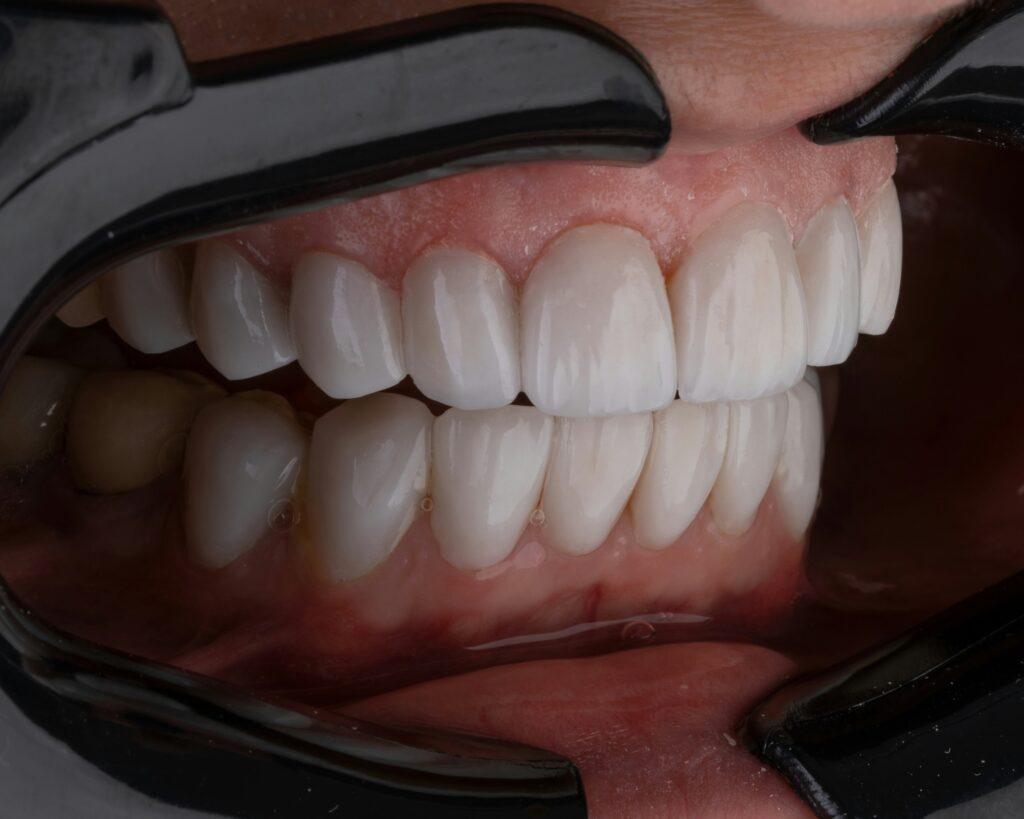
Causes Of A Bruised Tooth:
- Clenching and grinding teeth
- Biting hard food
- Tooth infections
- Dental procedures
- Overfilled cavities
Ligaments attempt to absorb shock and keep the tooth in place, causing the connective tissues to become inflamed and even damaged.
Symptoms Of A Bruised Tooth
The main symptom of a bruised tooth is pain. This tooth pain is usually dull and achy and lingers on the side of the face, but it can also be a sharp pain in the single affected tooth.
Additional Symptoms
- Inflammation
- Sensitivity
- Bleeding gums
What Is Not A Symptom of A Bruised Tooth
The appearance or color of a tooth is not a sign of a bruised tooth. A bruised tooth should not look any different. If your tooth is discolored, like a grey or red tooth, that is a sign of a dead tooth. A dead tooth is a much more severe condition than a bruised tooth.
Another sign of a worse condition is throbbing tooth pain that comes and goes. This throbbing pain will come without any aggravation, such as chewing, and will be suddenly sharp and then fade. This indicates that the bruise has progressed to a nerve infection, a much more severe condition.
A bruised tooth should be a mild, manageable pain. It is probably more than a bruised tooth if it is more than that. A dentist should be seen right away.
How To Treat A Bruised Tooth
Refraining from chewing too much when you have a bruised tooth is best. Doing so will further strain your teeth and cause symptoms to worsen and spread to surrounding tissue.
Rest is the initial and best treatment. Avoid hard foods and ingest soft foods and soups instead.
If you must chew, avoid chewing on the tooth that is affected.
Keep The Bruised Tooth Clean
You should brush and floss daily to keep the tooth clean and prevent infection, which would cause more tooth pain.
Completing the above steps will ensure quick healing.
The healing time could be anywhere from 2 to 4 weeks. Taking longer if you aren’t compliant with the above-listed protocols.
Steps should be taken to prevent reoccurrence:
Preventing Bruised Teeth
- Chew slowly when eating hard foods
- Abstain from bad habits such as nail-biting
- If you grind your teeth whilst sleeping, you should have a night guard made
- If you play sports, wear a mouthguard
Easy Home Remedies For A Bruised Tooth
1. Salt Water Rinse
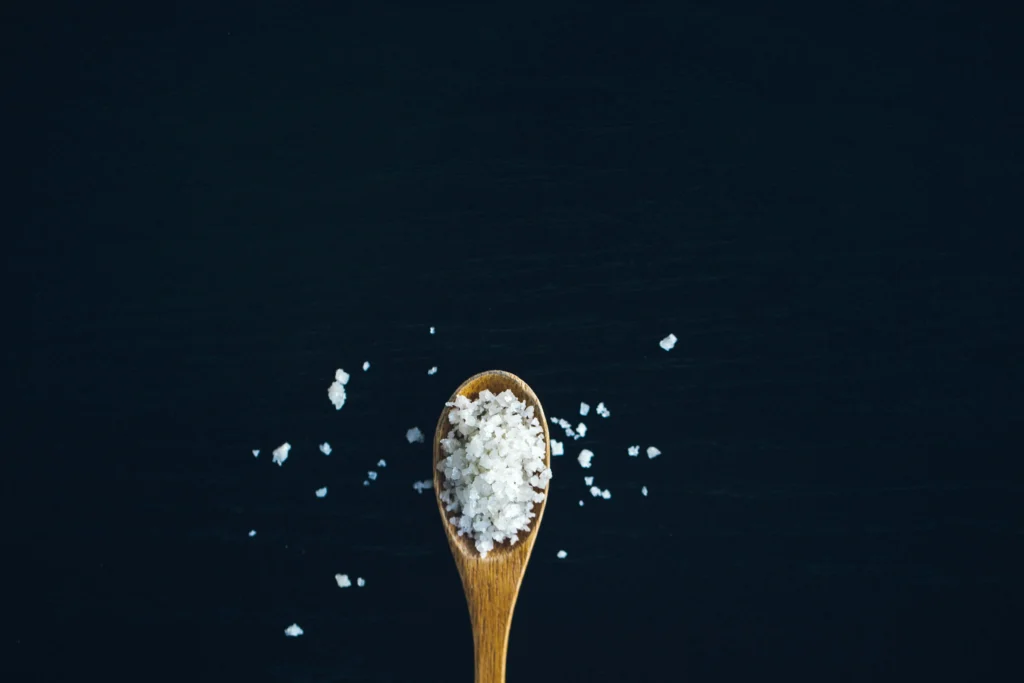
A salt water rinse is a simple yet effective oral pain relief route. Salt water acts as a natural disinfectant, helping to reduce inflammation and heal oral wounds. Mix a teaspoon of salt into one cup of warm water and swish this mixture around in the mouth. Repeat this several times throughout the day. This may be the best way to remedy the situation.
2. Hydrogen Peroxide
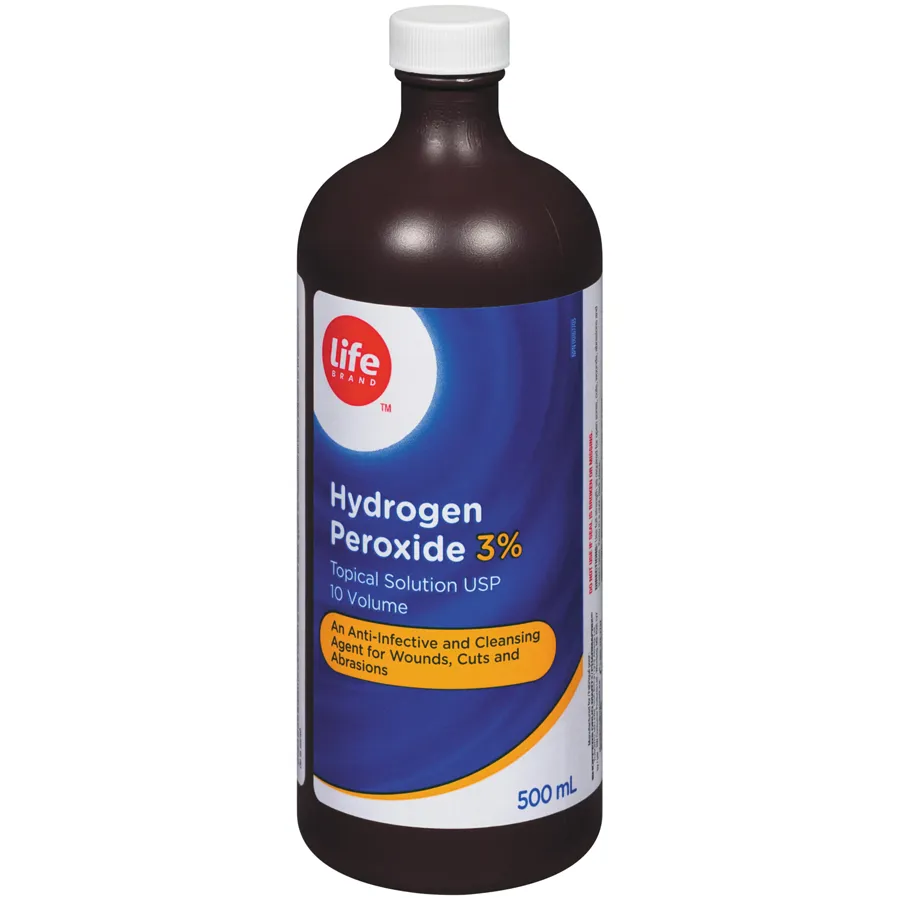
Hydrogen peroxide has antiseptic qualities. A mixture of equal parts water and 3% hydrogen peroxide can be swished in the mouth for 15-30 seconds to reduce gum swelling, kill bacteria, and create pain relief.
Be sure not to swallow hydrogen peroxide or use this method with children.
3. Clove oil or cloves
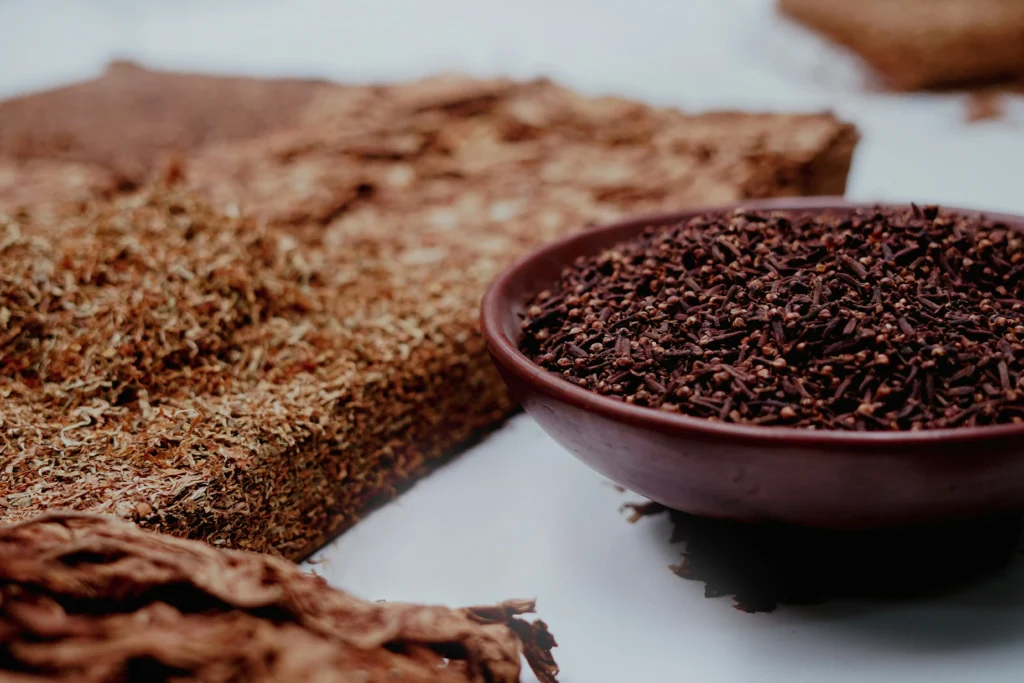
Cloves contain a numbing agent called eugenol, which is great for pain relief. Cloves also have antiseptic properties, which are great for oral health. You may grind cloves and apply them to the affected area or, more commonly, get some clove oil. Squeeze a few drops of clove oil into a bowl and mix with one teaspoon of olive oil. Soak a cotton ball in the oil mixture. Gently swipe the cotton ball on the affected area of the mouth.
The oil will take about 5-10 minutes before it starts working.
Reapply every 2 to 3 hours.
4. Cold Compress
A cold compress can work wonders with a bruised tooth. Apply a cold compress or ice pack to your cheek. This will reduce inflammation and speed up the healing. You can rinse your mouth with cold water if a cold compress is unavailable.
5. Peppermint Tea Bags
A 2015 study showed that peppermint oil has antimicrobial properties that can benefit oral and dental health. Apply a warm teabag directly to the site of the bruised tooth and let the oils work their magic. Or, combine the effects of cold and peppermint by placing a peppermint tea bag in the freezer until it has chilled, then applying it to the tooth.
6. Vanilla Extract
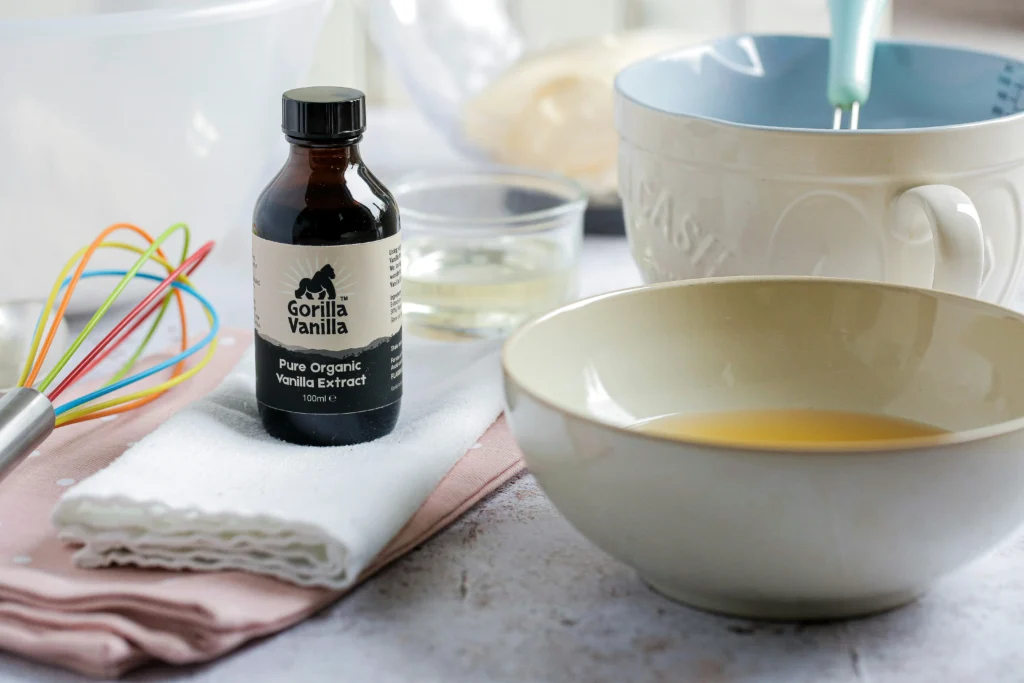
Vanilla extract contains alcohol, which helps numb pain. The extract also has proven antioxidant properties that make it an effective healer. To use it: Dab a small amount onto your finger or a cotton ball. Apply it directly to the affected area.
7. Garlic
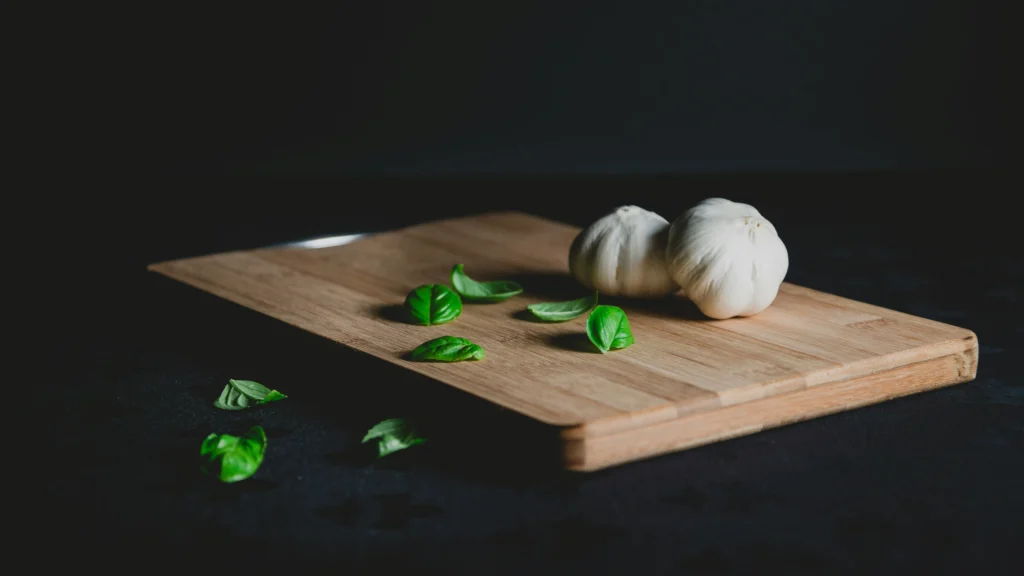
Garlic is a natural antibiotic and can offer pain relief from tooth pain. Crush a garlic clove to release its juice and apply it directly to the affected area.
8. Over-the-counter pain relievers
After using the other natural remedies, consider using an over-the-counter pain reliever. This will help with whatever dental pain remains. A study has shown that ibuprofen is more effective against toothaches. This should not be done for more than a couple of days. If pain isn’t subsiding, a dentist should be seen.
Conclusion
A bruised tooth is usually not a medical emergency. If you maintain good oral hygiene and allow your tooth to rest, the pain should go away in just a few days. If the pain is extreme and lasts longer, a dentist should be seen.

